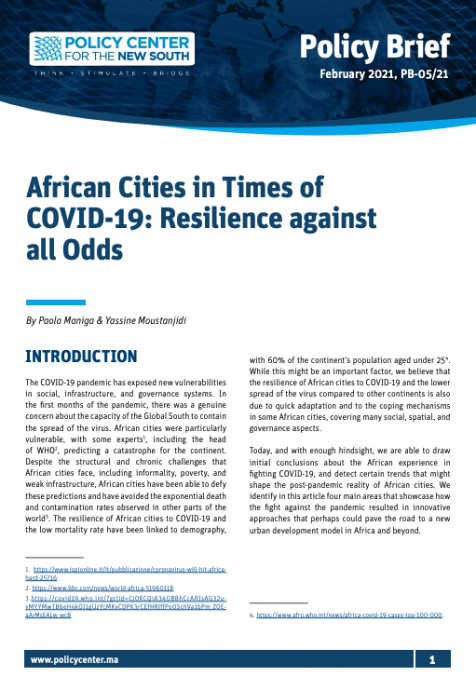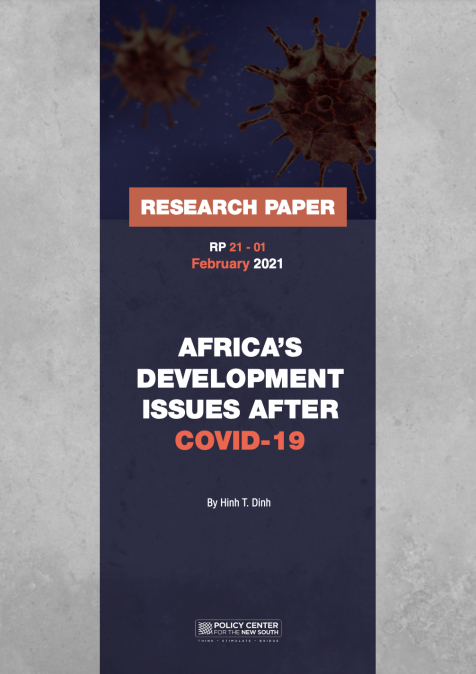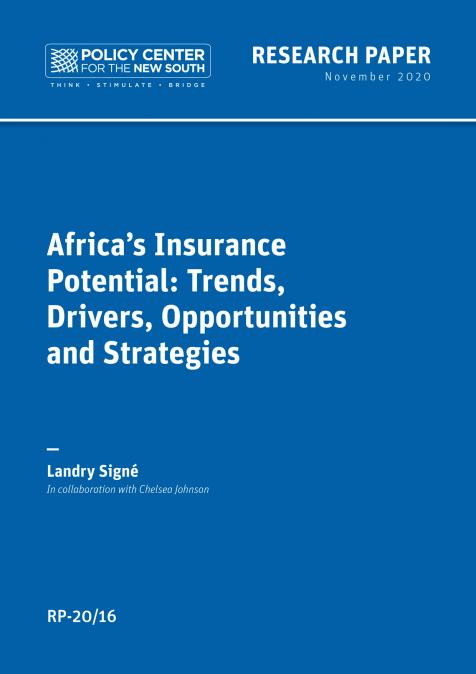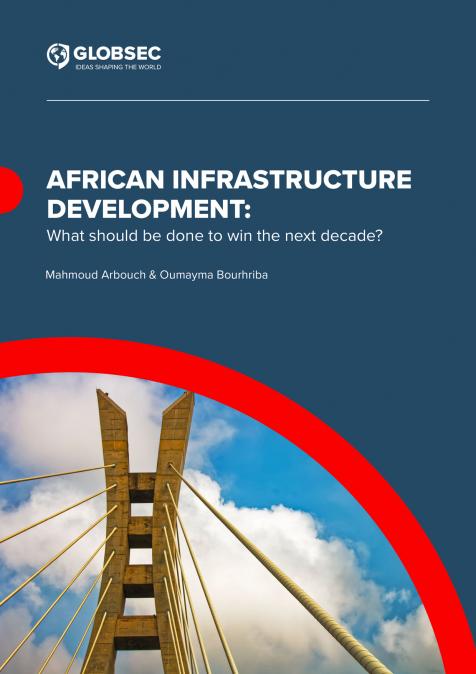Publications /
Opinion
The In-focus session about Jobless Growth during the Atlantic Dialogues on December 14th led to a passionate debate on the future impact of jobless growth on Africa as well as the world economy.
« Jobless growth » was coined by the American economist Nick Perna (Yale) in the early 1990s. The causes of this phenomenon are highly discussed. For instance, automation is seen as the main source of jobless growth by some economists while others argue that it falls into a « Luddite Fallacy » where it is expected that technological progress will have no long term impact on employment levels, and eventually will raise wages for all workers.
Is digitalization the future source of jobless growth ?
There is no consensus on how technology is going to impact the labor market. With a foreseeable revolution, artificial intelligence and big data could threaten high and low skilled jobs. For example, there is already an IBM software called ROSS capable of giving legal advice. As we all know, cashier jobs are already being replaced by dedicated softwares. Moreover, one could argue about the place of data analysis and the new comparative advantage it could give to companies. This technology could allow the identification of clients but also target competitors in the market. This new dimension of the world economy could lead to a more competitive market, and a more opaque labor market.
Is jobless growth inevitable ?
Increasing demographics impose a reflexion about employment. The millions of young people that are coming into the labor market should find job opportunities. Yet, the inedequacy between the education offer and the labor market demand leads to unemployment even for the highly qualified individuals. How is the world economy going to capture the mass of youth looking for jobs, especially in Africa ? The question remains.










